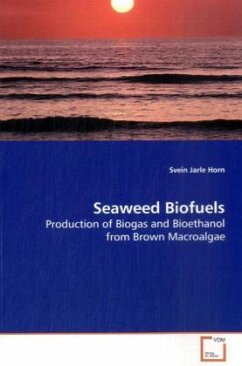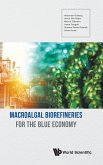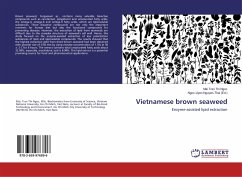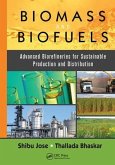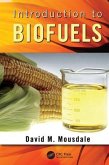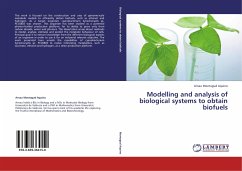Our modern society s high dependence on fossil fuels
is problematic because of climate change, energy
security and depletion of finite energy resources.
There is currently a strong demand to develop
biofuels as a sustainable alternative. However, food
and biofuel production may compete for the same crop
land. Thus, the focus should be on second
generation biofuels which are produced from non-
food biomass. In this regard cultivation of seaweeds
as an energy crop has a great potential. This book
shows how bioethanol and biogas can be produced from
brown seaweeds using fermentation and anaerobic
degradation processes. The potential of large scale
cultivation of macroalgae for biofuel production is
discussed, and ideas for future research are
presented. The book also has an epilogue where the
transition away from fossil fuels is analysed using
Ken Wilber s integral framework. This book is the
definite reference for everybody interested in
utilising seaweeds for bioenergy production.
is problematic because of climate change, energy
security and depletion of finite energy resources.
There is currently a strong demand to develop
biofuels as a sustainable alternative. However, food
and biofuel production may compete for the same crop
land. Thus, the focus should be on second
generation biofuels which are produced from non-
food biomass. In this regard cultivation of seaweeds
as an energy crop has a great potential. This book
shows how bioethanol and biogas can be produced from
brown seaweeds using fermentation and anaerobic
degradation processes. The potential of large scale
cultivation of macroalgae for biofuel production is
discussed, and ideas for future research are
presented. The book also has an epilogue where the
transition away from fossil fuels is analysed using
Ken Wilber s integral framework. This book is the
definite reference for everybody interested in
utilising seaweeds for bioenergy production.

